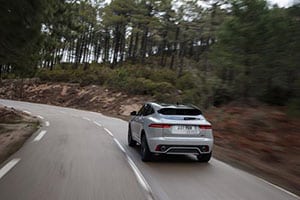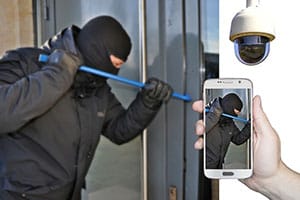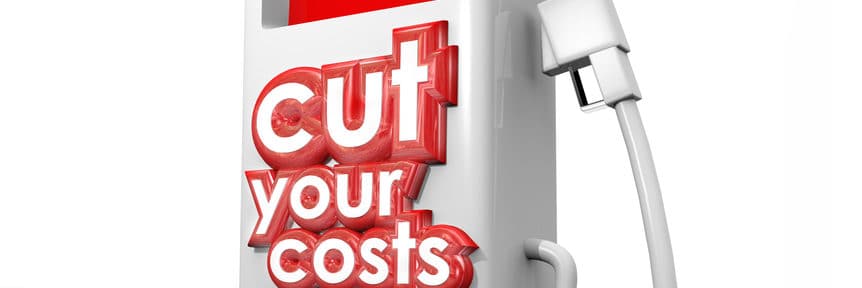Ride-sharing company Uber may soon be forced to use biometric data to store details about its drivers or risk losing its place in some of the world’s biggest markets.
This week, the firm was stripped of its licence to operate in London after an investigation found an incredible 14,000 trips had been taken with drivers who had faked their identity on the app.
Make or break talks
Negotiations immediately took place between Uber and Transport for London (TfL), during which it was decided the ride sharing firm had failed to satisfy appropriate safety standards and would no longer be able to operate.
TfL had demanded that Uber implement systems to ensure drivers using the app are who they say they are and are not sharing log-in details, but the American-based company has so far failed to do so.
However, Uber cars will not disappear from London’s streets immediately, as there is set to be an appeal. Technology experts have also suggested that Uber may bow to pressure to either implement biometric vetting or less controversial measures, such as multi-layered passwords or codes.
If this is the case in London, then it is likely that it will also occur in other cities and countries across the world where Uber has a presence.
Jenny Smith, general manager for Tele-Gence, commented: “Uber has been reluctant to use biometrics as a way of identifying drivers, but it could be that it soon has no choice. Protecting passengers in the best way possible is obviously paramount.”
Your business can benefit from affordable telematics with no hidden start-up fees or long-term commitments. Find out how at www.tele-gence.com






